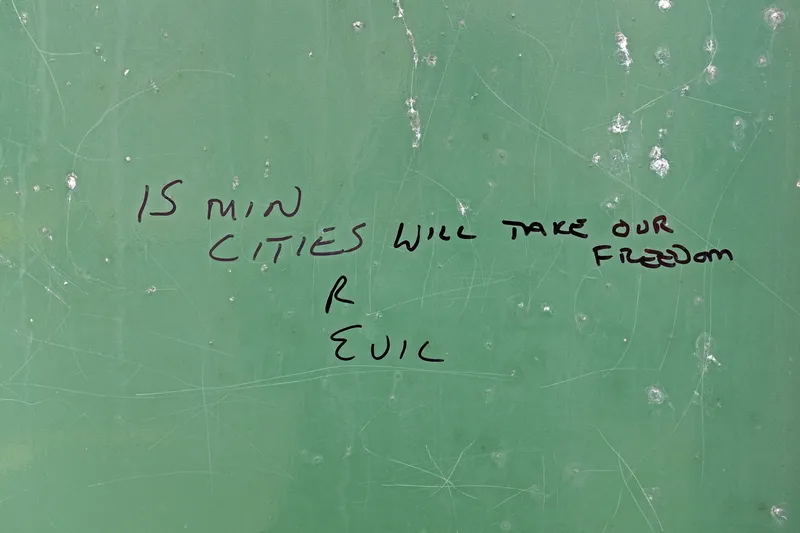
“The focus of the session was to reinforce the reality that ITS can manage movement of traffic to meet environmental goals that we all share and combat the misunderstanding that ITS drives an increase in traffic,” said Lower. During the session, Iteris cited a study conducted recently in Pasadena, Calif. – the first real-world documentation that ITS can reduce emissions. The study involved traffic signal synchronisation, and the results showed a citywide reduction in GHG emissions by over one metric tonne per day. This was achieved by improving the flow of traffic and reducing congestion.
“Greenhouse gas emissions are increasing around the world,” Morrissey confirmed, “and we need to do something.
ITS can be a positive element in a multi-stage approach today.”
In addition to traffic signal synchronisation, other ITS technologies vital to GHG emissions reduction include traffic incident management, ramp metering, construction zone management, traveller information systems, transit signal priority and bicycle signal detection at traffic signals.
“Utilising ITS for carbon reduction is aligned with US DoT's Smart City initiative; California's emission reduction target' and the Paris Agreement on climate change,” Morrissey added. “ITS needs to be embraced as a solution.”
Iteris is taking this campaign on the road. Next stop: the ITS California annual meeting, September 19-21 in Indian Wells.
Meanwhile, Iteris urges ITSA members to carry the message to the transportation industry and the US public: ITS can be an essential component of climate management.









